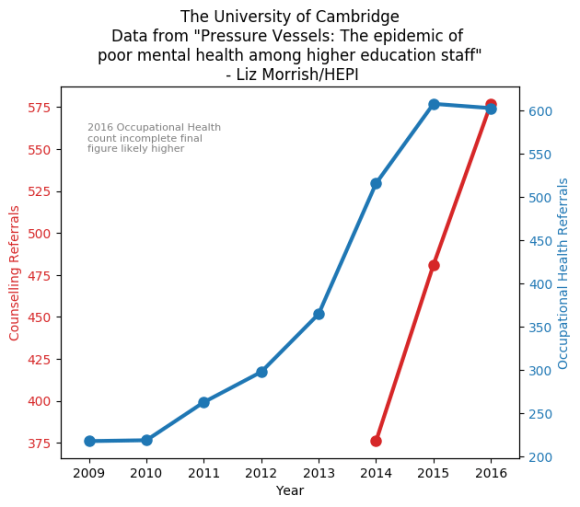In this article, With impeachment, America’s epistemic crisis has arrived, David Roberts, argues that impeachment proceedings against Donald Trump will be the stress test for a right-wing alternate-reality. This alternate reality has been fomented over decades, through the cultivation of a right wing media ecosystem – from talk radio, think tanks and talking points. Now, Roberts argues, the Fox News junkies have taken over the White House and are going to try and get away with carrying on as if the crimes Trump committed are not obvious and impeachable – throwing up enough doubt and uncertainty over the proceedings that they can get away with it.
Two elements of this Roberts highlights are:
Tribal epistemology: “… when tribalism comes to systematically subordinate epistemological principles.”
And strategical exploitation of consensus: “The right has hacked the cognitive biases of voters and reporters..[there is] a strong tendency, especially among low-information, relatively disengaged voters (and political reporters), to view consensus as a signal of legitimacy. It’s an easy and appealing heuristic: If something is a good idea, it would have at least a few people from both sides supporting it.” Robert’s argument is that by denying consensus they deny legitimacy to mainstream (i.e. Democrat) positions, and keep alive the legitimacy of the alternative (i.e. Republican) reality.
As a wail of despair, or prophesy of doom, I find this piece as appealing as the next liberal, but the lie in it is revealed by its impracticality. The piece doesn’t tell us what to do about hyperpartisan alternative realities, and it can’t, because at root it subscribes to the same model of human irrationality it decries.
The idea that epistemology can be subverted to tribalism implies that there are ways of knowing – or people who know – which aren’t influenced by their social group. The idea that the right-wing base have had their cognitive biases hacked implies that the rest of us have resisted this, or never had a vulnerability in those biases in the first place.
I’m not claiming that there aren’t biases, or tribalism. Reality exists, errors exist and sometimes tribalism does provoke the sacrifice of accuracy. But a useful view of these things will tell us what do when epistemological realities seem to diverge.
My problem with the “alternative reality” account is that is plays to a model where people who disagree with us are irrational. And once you have decided that people are irrational it blocks any possibility of rational engagement – why try to persuade these people (the model suggests), isn’t it hopeless?



